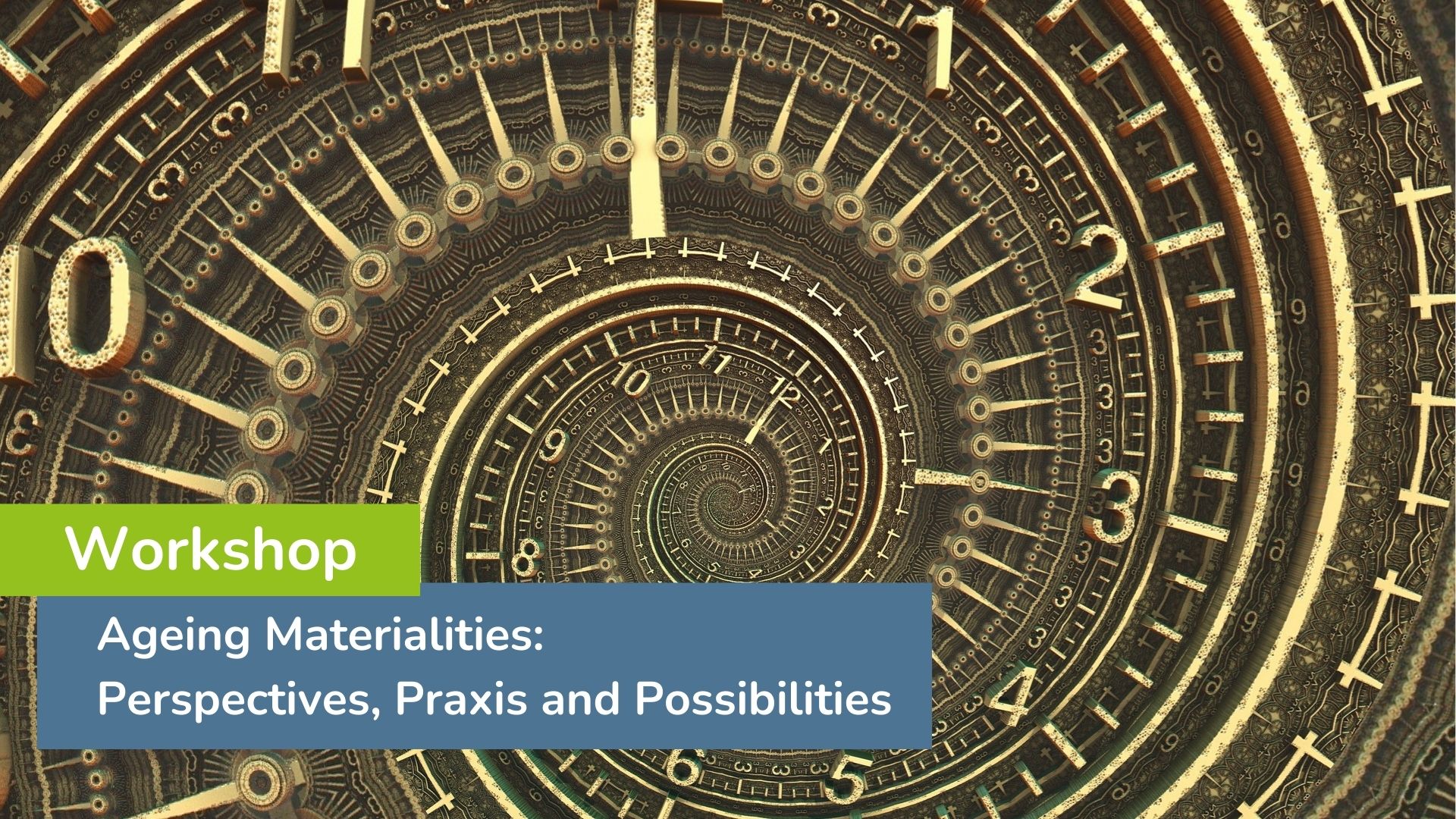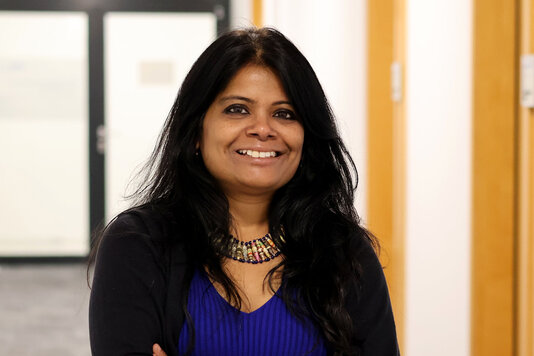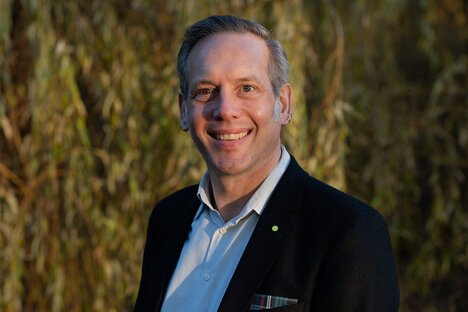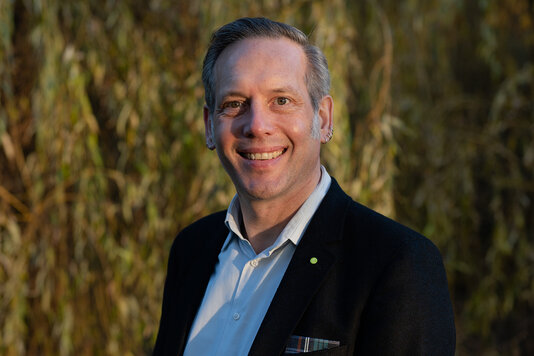
This workshop explores ageing as an interactional process and discusses the material and discursive practices that shape mid-to-later life. How do new technologies and digitalisation affect cultural conceptions of life course, later life and agency? This and related questions will be illuminated from different perspectives at the intersection of ageing studies and science and technology studies.

Acknowledging the relational and processual nature of our co-existence – its entanglements with objects, places, technologies, networks, and designs – this workshop explores ageing as an interactional “becoming.” This perspective, the organisers argue, not only fosters new vocabularies for analysing the material and discursive practices shaping mid-to-later life but also illuminates how the life-course is materialised through bodily metaphors of touch, pleasure, and abjection. In particular, the workshop is organised around the following questions:
Bringing together theories, epistemological dilemmas and empirical debates, the workshop will delve into the everyday world as well as that of the extraordinary. Ultimately, it aims to offer a disruptive yet playful exploration of the “transgressive potentialities” that emerge when ageing studies encounter science and technology studies (STS).
The workshop is open to the interested public. It is co-organised by Tannistha Samanta, currently a Senior Fellow at the College for Social Sciences and Humanities, and Cornelius Schubert, Professor of Sociology of Science and Technology at TU Dortmund University.
Welcome and Introductions
Julika Griem, College for Social Sciences and Humanities
Bodies, Technologies, and Time
Cornelius Schubert, TU Dortmund University (Germany)
HRT and the Making of the Ideal Older Woman: A History of the Present
Susan Pickard, University of Liverpool (UK)
Doing Transitions - Practice-Theoretical and New Materialist Perspectives to the Study of Life-Course transitions
Anna Wanka, Goethe University Frankfurt (Germany)
Tauheed Zahra, Goethe University Frankfurt (Germany)
Lunch
Interrupting the Life-Course. Keeping Senses in Aging. Historical and Sociological Perspectives
Diego Compagna, Munich University of Applied Sciences (Germany)
Heiko Stoff, Hannover Medical School (Germany)
Theorizing "Late" Motherhood: Technologies and Moral Worlds
Tannistha Samanta, FLAME University (India) & College for Social Sciences and Humanities
Concluding reflections
Closing / High Tea

Assoc. Prof. Tannistha Samanta
FLAME University (India) | Sociology
Tannistha Samanta is a sociologist and an ageing studies scholar by training. She received her Master’s degree and PhD from the Department of Sociology, University of Maryland College Park (USA). Her most active line of research is in the intersecting fields of health and ageing (with a focus on India) where she examines questions related to intergenerational relationships, social capital, consumer cultures, older adult sexualities, and theory development in ageing. In another line of inquiry, she examines the sexual and reproductive health of women through the intersecting lenses of the body and the market. Her research has been supported by several research grants and international fellowships including the United Nations Population Fund UNFPA (India); the School of Medicine of the University of California, San Diego (USA); and Global Liberal Arts Alliance (MI, USA). She was recently invited as a Mercator Fellow (summer 2024) by the University of Tübingen and Goethe University Frankfurt, Germany.
Tannistha Samanta is currently Associate Editor for the Journal of Aging Studies (Elsevier) and serves on the editorial boards of the journals The Sociological Review (SAGE) and Social Theory & Health (Palgrave Macmillan). From a political-intellectual standpoint, she remains committed to supporting and building an emerging community of young researchers from the Global South. She engages in a range of publics contributing by-lines to mainstream and alternative media outlets. Her op-eds and interviews have appeared in Forbes, Scroll.in and the BBC.
 ©
© Aliona Kardash
©
© Aliona Kardash
Prof. Cornelius Schubert
TU Dortmund University | Sociology of Science and Technology
 ©
© Aliona Kardash
©
© Aliona Kardash
Prof. Cornelius Schubert
TU Dortmund University | Sociology of Science and Technology
Cornelius Schubert is Professor of Sociology of Science and Technology at the Department of Social Sciences, TU Dortmund University. Previously, he was Associate Professor for Digitalized Innovation in the Section of Science, Technology, and Policy Studies (STePS) at the University of Twente, the Netherlands. He holds a PhD in sociology from TU Berlin and was visiting professor at Technische Universität Berlin, Augsburg University, and the Universidade Federal do Paraná, Brazil. Since October 2024, he is Dean of the Department of Social Sciences at TU Dortmund University.
Cornelius Schubert specialises in science and technology studies, critical studies of innovation, and qualitative methods. His fields of research include healthcare, chip manufacturing, and social innovation. He is interested in inter- and transdisciplinary research practices and processes of co-creation, the relations of bodies and technologies as well as the advancement of methods at the intersection of digital technologies and qualitative research. He currently chairs the board of the German Society for Science and Technology Studies and is a member of the board of the Section for Science and Technology Studies in the German Sociological Association.
Website
https://wt.sowi.tu-dortmund.de/en/chair/team/prof-dr-cornelius-schubert/